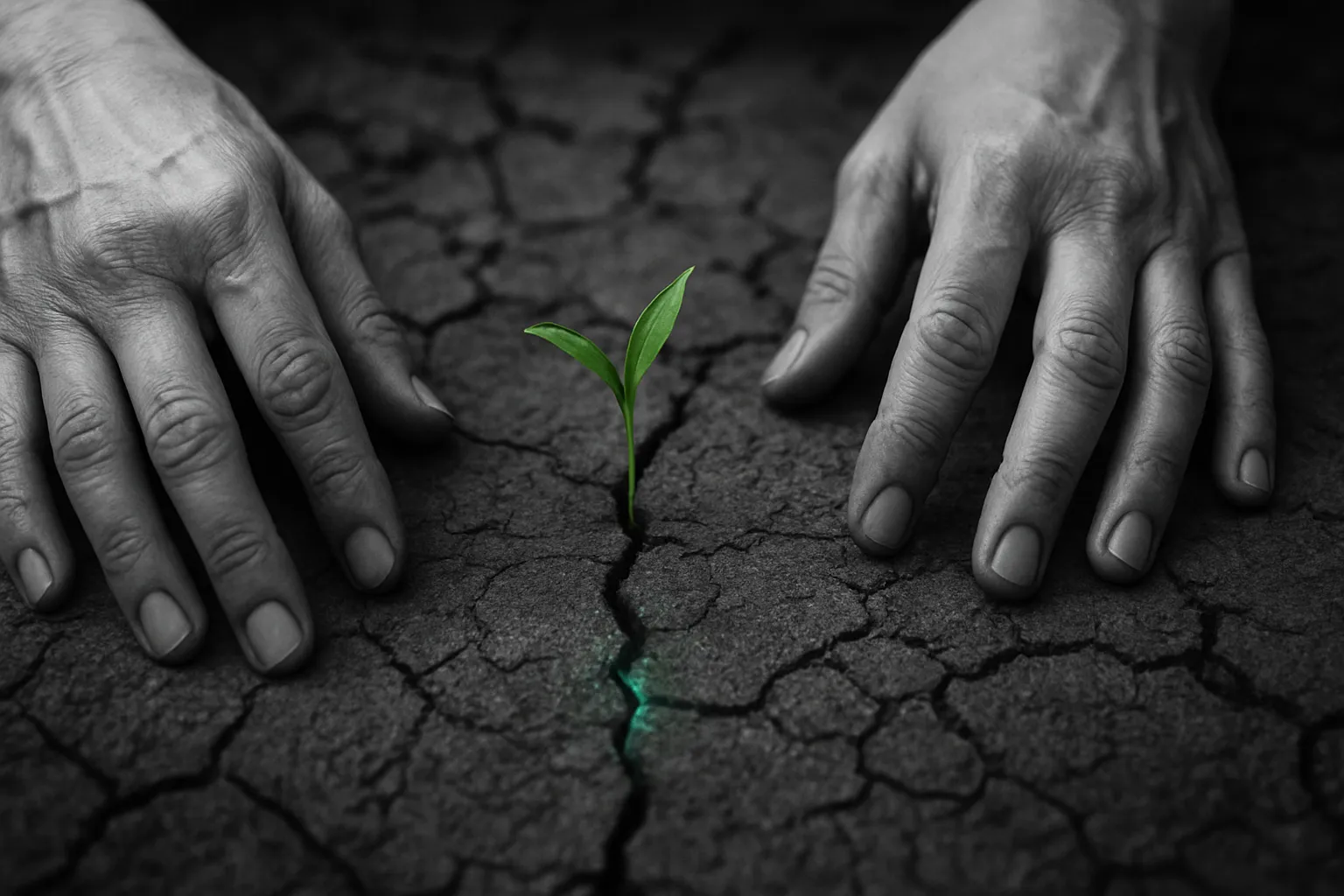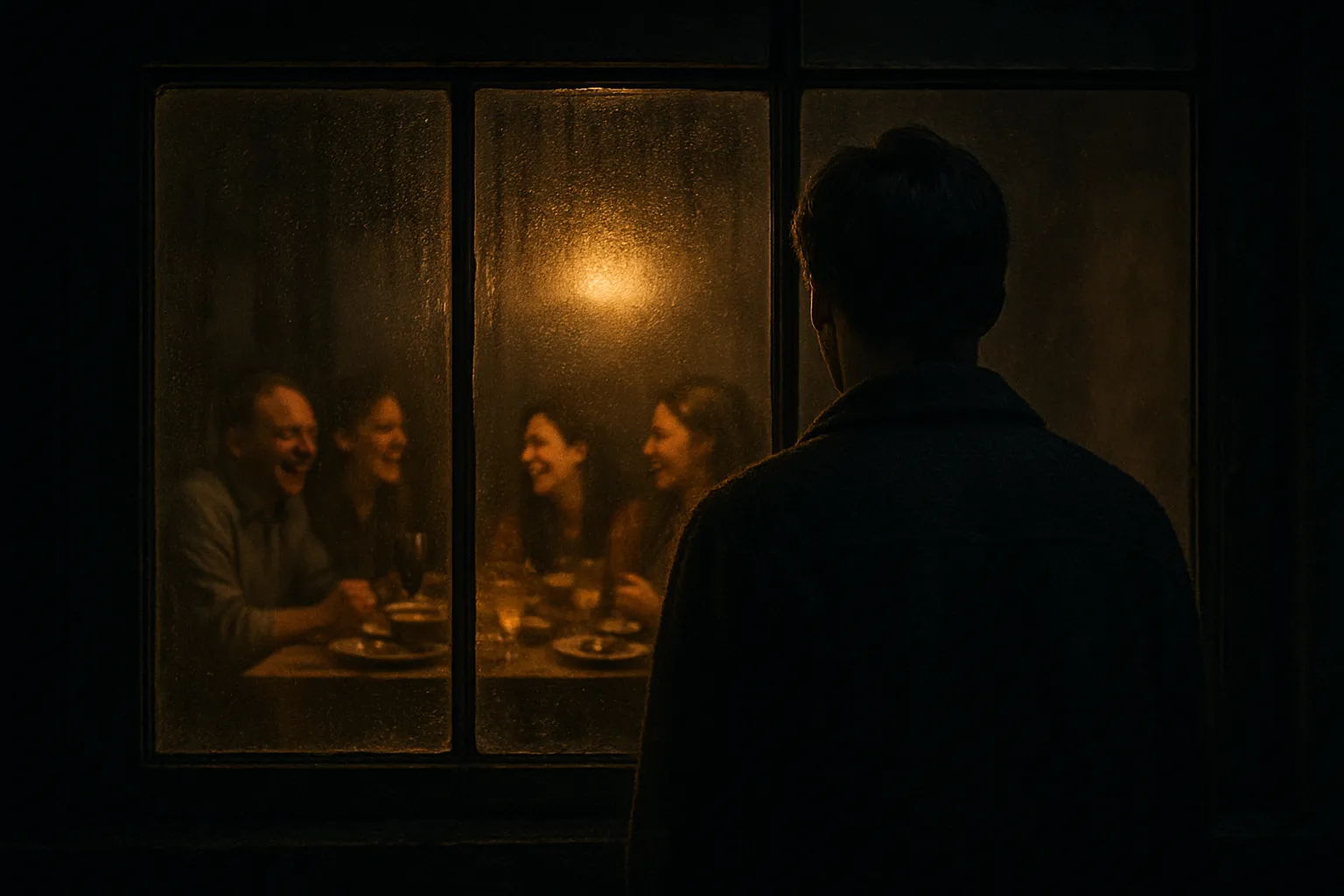Learning to Trust Again After Being Hurt

The Fortress Around Your Heart
After a painful breakup or a significant betrayal, your heart can feel like a fortress. You build walls, install moats, and stand guard, vowing to never let anyone get close enough to hurt you like that again. This state of high alert is a natural and intelligent protective mechanism. Your mind and body are trying to keep you safe from repeating a trauma. But a fortress, while safe, can also be a prison, isolating you from the connection and intimacy you still crave. Learning to trust again is not about being naive or reckless; it's a slow, courageous, and deliberate process of learning to trust yourself first.
Step 1: The Foundation is Trusting Yourself, Not Them
This is the most critical reframe in the entire healing process. The goal is not to blindly trust other people; it is to build an unshakeable trust in your *own* ability to handle what comes your way. The fear of trusting others diminishes when you have a deep and abiding faith in yourself. This means knowing, in your bones, that:
- You can now recognize red flags. Your past pain was a powerful education. You are wiser now and can spot warning signs you were previously blind to.
- You are capable of setting and enforcing boundaries. You have learned that your peace is non-negotiable, and you now have the strength to say "no" to behavior that is not respectful.
- You will survive if you get hurt again. This is the ultimate truth. You have faced heartbreak and made it through. You are resilient, and you know you can rely on yourself to get through hard times.
When you fully trust your own judgment and resilience, the act of opening up to someone else becomes a calculated risk, not a terrifying gamble.
Step 2: Trust is Built in Small Increments, Not Grand Leaps
Trust is not a switch you suddenly flip on. It is a ladder you build, rung by rung, through the slow accumulation of consistent, reliable actions. Think of it like a jar of marbles, a concept popularized by researcher Brené Brown. Every time a person's actions align with their words, they earn a "marble" in the jar. Every time they break a promise or act with inconsistency, they lose marbles. You learn to trust someone as the jar slowly fills up with these small, positive moments.
Look for "marble moments" in early dating:
- They call when they say they will call.
- They remember a small detail you shared with them.
- They respect a boundary you set, even a small one.
Step 3: Be a Wise Investor of Your Trust
Your trust is a precious emotional currency. After being hurt, you must become a more discerning investor. It is something that must be earned, not given away freely. As you get to know someone new, observe their character with gentle curiosity.
- Look for consistency: Are their words and actions consistently aligned over time?
- Look for accountability: When they make a small mistake, do they own it and apologize, or do they become defensive?
- Look for kindness: How do they treat people from whom they have nothing to gain, like a waiter or a stranger?
Step 4: The Courage of "Vulnerability Drips"
You cannot build trust without eventually taking a small risk. But you don't have to open the floodgates of your heart all at once. Practice the art of the "vulnerability drip." Share a small, low-stakes vulnerability—a slightly embarrassing story, a minor insecurity, a personal hope—and observe how they handle it. Do they meet it with empathy and respect? Or do they dismiss it, judge it, or change the subject? Their response is invaluable data. It allows you to test the waters of their character without risking a dive into the deep end.
Opening the Door, Not Tearing Down the Walls
Learning to trust again is one of the bravest journeys a person can take. It is an act of profound hope and a testament to the heart's incredible capacity to heal. You are not the same person you were before you were hurt. You are wiser, stronger, and more discerning. Your past does not have to be a life sentence of suspicion. It can be the very education that taught you how to build a foundation of trust—first, and most importantly, in yourself, and then, slowly, safely, and wisely, in a love that is truly worthy of you.


